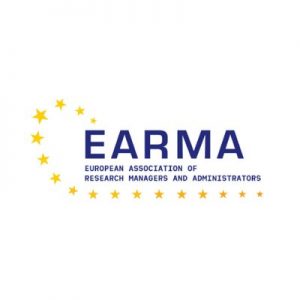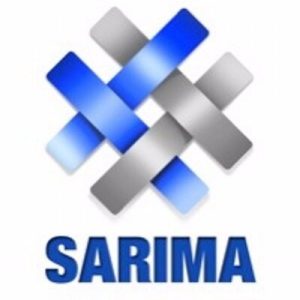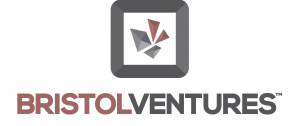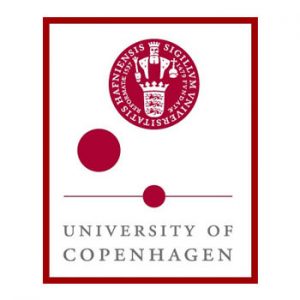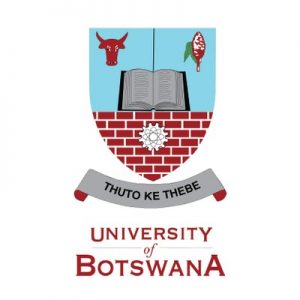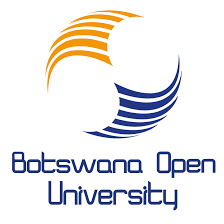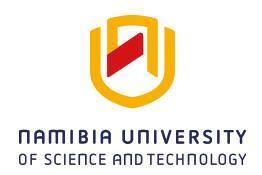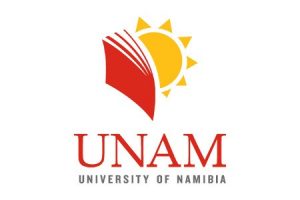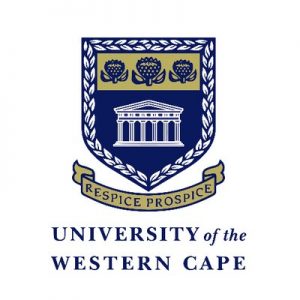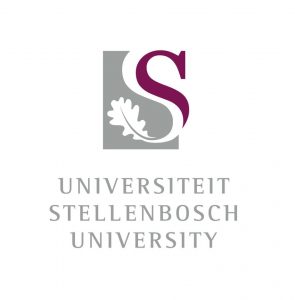International conference “Strengthening of Collaboration, Leadership and Professionalization in Research Management and Administration”
Effective and strategic management of research is critical to ensure the success and sustainability of Higher Education Institutions (HEIs) in an increasing complex and competitive global research environment. The International conference on “Strengthening of Collaboration, Leadership and Professionalization in Research Management and Administration” will provide the basis for a major change in attitude towards Research Management and Administration as an enabler of institutional success.
The agenda of the event includes discussions on the role of research management and administration in EU member states and African Higher Education institutions. It will include the sharing of best practices on internationalization, academic performance management, as well as a comparative analysis of Higher Education research management and administration ecosystems. The conference will also present a new initiatives focused on the professionalization of research managers and administrators.
The conference is made possible by co-funding from the European Union Erasmus+ programme, and in particular by the results of the “Strengthening of Collaboration, Leadership and Professionalization in Research Management in SADC and EU Higher Education Institutions” StoRM project







